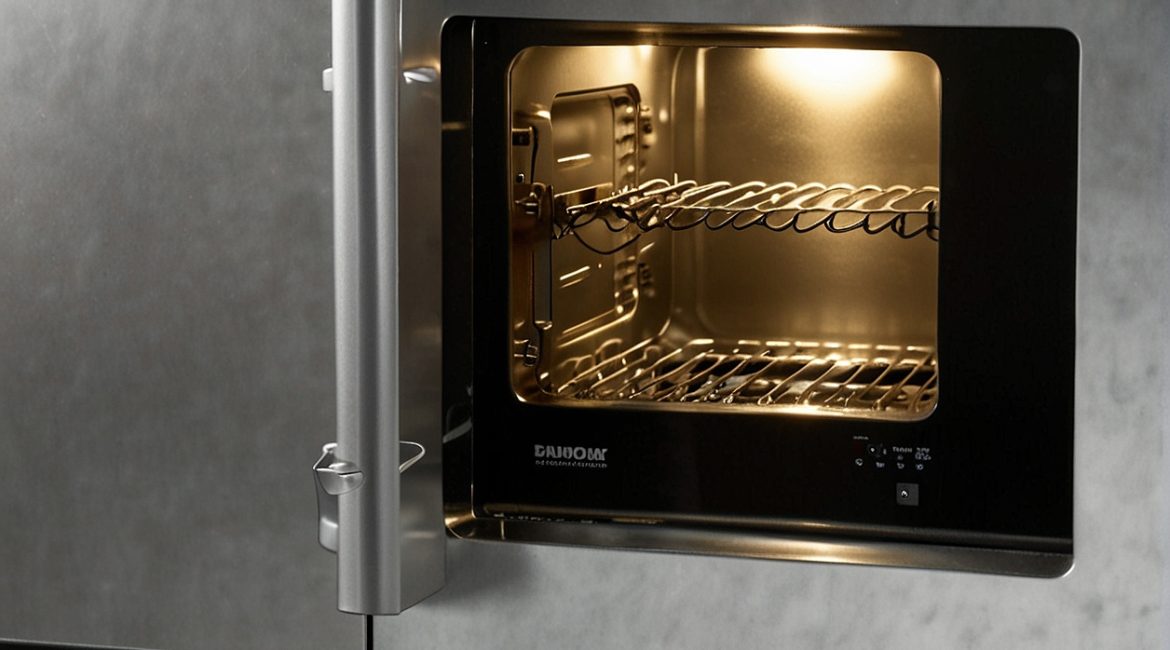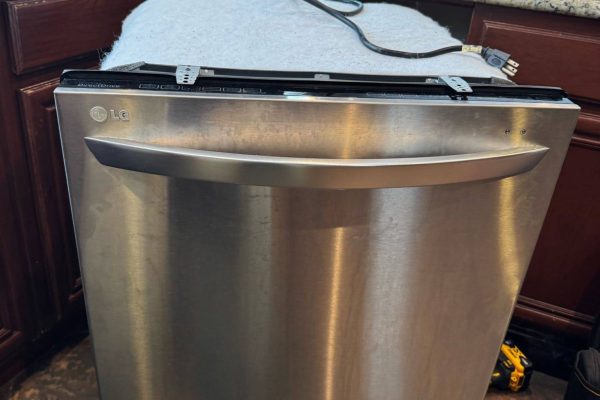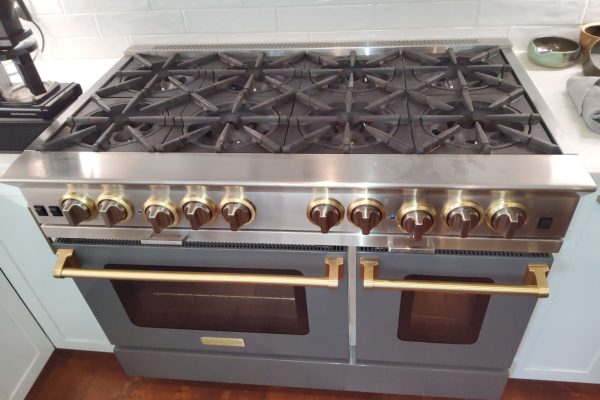Microwaves have become an indispensable kitchen appliance, providing convenience and speed in food preparation. However, despite their benefits, microwaves are not without their drawbacks. Understanding the potential disadvantages and problems associated with microwave use can help you make informed decisions and take preventive measures to ensure safety and efficiency in your kitchen. This article explores common issues with microwaves and offers practical advice on how to avoid them. If you encounter any problems, the Oceanside Appliance Service Center is here to help.
Health Concerns
Nutrient Loss
One of the main concerns with microwave cooking is the potential loss of nutrients in food. Microwaves heat food by causing water molecules to vibrate, which generates heat. This process can sometimes lead to the degradation of certain vitamins and minerals, particularly in vegetables.
How to Avoid: To minimize nutrient loss, use microwave-safe containers and avoid overcooking your food. Steaming vegetables in the microwave with a small amount of water can help retain more nutrients compared to boiling.
Uneven Heating
Microwaves can heat food unevenly, creating hot spots that can cause burns or leave other areas undercooked. This is especially problematic with meat, as undercooked sections can harbor harmful bacteria.
How to Avoid: Stir or rotate food halfway through the cooking process to ensure even heating. Use microwave-safe covers to promote even cooking and let food stand for a few minutes after microwaving to allow heat to distribute evenly.
Safety Risks
Radiation Leakage
While microwaves are designed to keep radiation contained, damage to the door or seal can result in radiation leakage. This can pose a health risk, although modern microwaves are built with safety features to minimize this risk.
How to Avoid: Regularly inspect your microwave for any damage, particularly around the door and seal. If you notice any issues, such as cracks or gaps, stop using the microwave and contact a professional repair service.
Burns and Fire Hazards
Improper use of microwaves can lead to burns or fires. For example, using non-microwave-safe containers, overheating food, or microwaving metal objects can all cause dangerous situations.
How to Avoid: Always use microwave-safe containers and follow the manufacturer’s instructions for cooking times and power settings. Never place metal objects in the microwave, and keep an eye on your food while it’s cooking to prevent overheating.
Food Quality Issues
Texture and Taste
Microwave cooking can sometimes result in a less desirable texture and taste, particularly for foods that benefit from browning or crisping, such as meats and baked goods.
How to Avoid: For foods that require a crispy texture, consider using combination microwaves with grilling or convection functions. Alternatively, finish cooking in a conventional oven or on the stovetop.
Overcooking
Microwaves cook food quickly, which can easily lead to overcooking. This not only affects the taste and texture but also can lead to nutrient loss.
How to Avoid: Use shorter cooking times and check your food frequently. Microwaving food in increments allows you to achieve the desired doneness without overcooking.
Technical and Functional Issues
Short Lifespan
Microwaves typically have a shorter lifespan compared to other kitchen appliances, often due to the intense usage and the wear and tear on internal components.
How to Avoid: Regular maintenance can extend the life of your microwave. Clean the interior and exterior regularly, avoid slamming the door, and ensure proper ventilation by keeping the vents clear.
High Energy Consumption
While microwaves are generally energy-efficient for short cooking tasks, they can consume a significant amount of electricity for longer cooking times, leading to higher energy bills.
How to Avoid: Use the microwave for short cooking tasks and reheat food in smaller portions. For longer cooking tasks, consider using more energy-efficient appliances like slow cookers or toaster ovens.
Dealing with Microwave Problems
Despite taking precautions, problems can still arise with your microwave. Here are some common issues and how to address them:
Microwave Not Heating
If your microwave is running but not heating food, the magnetron (the component that generates microwaves) might be faulty.
Solution: This issue requires professional repair. Contact Oceanside Appliance Service Center to diagnose and fix the problem.
⠀
Strange Noises
⠀
Unusual noises during operation can indicate issues with the turntable motor or other internal components.
⠀
Solution: Stop using the microwave and have it inspected by a professional to prevent further damage.
Sparking
Sparks inside the microwave are often caused by metal objects or food splatters on the waveguide cover.
Solution: Turn off the microwave immediately. Clean the interior thoroughly and ensure no metal objects are present. If the sparking continues, seek professional help.
While microwaves offer unparalleled convenience, they come with potential disadvantages and risks. By understanding these issues and taking preventive measures, you can enjoy the benefits of microwave cooking while minimizing the drawbacks. Regular maintenance and proper usage are key to ensuring your microwave’s longevity and safety.
If you encounter any problems with your microwave, don’t hesitate to seek professional assistance. Oceanside Appliance Service Center offers expert repair services to keep your microwave and other appliances in top condition. Trust us to handle your appliance issues so you can continue to enjoy a safe and efficient kitchen. Contact Oceanside Appliance Service Center today for reliable, professional service.
Contact us


